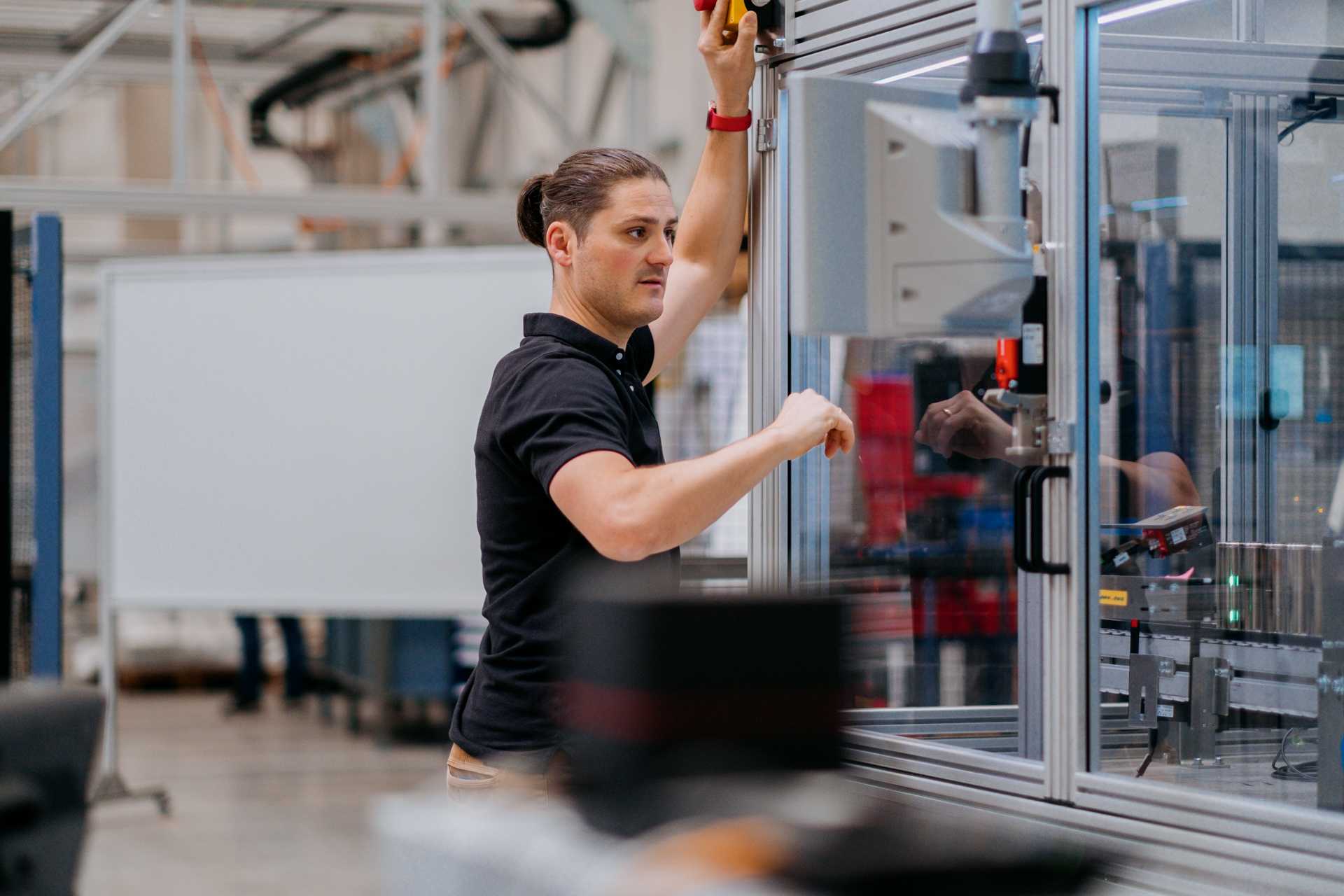How Artificial Intelligence is Assisting Siemens and Thyssenkrupp in Closing Skill Gaps in Manufacturing
In recent years, the manufacturing sector has experienced significant changes, largely driven by advancements in technology. Among these advancements, Artificial Intelligence (AI) is playing a crucial role in transforming traditional manufacturing processes. Two prominent companies, Siemens and Thyssenkrupp, are leveraging AI to address skill gaps in their workforce, thereby enhancing efficiency and productivity.
Understanding the Skill Gap in Manufacturing
The skill gap refers to the difference between the skills required for a job and the skills possessed by potential employees. In the manufacturing industry, this gap has become increasingly pronounced due to the rapid pace of technological advancements. Traditional skills are often insufficient to meet the demands of modern manufacturing processes, which now require knowledge of digital tools and automated systems.
Siemens and Thyssenkrupp, both leaders in the manufacturing sector, have recognized this challenge and are actively seeking solutions to bridge these skill gaps. By integrating AI into their operations, they aim to not only enhance their workforce capabilities but also improve their overall manufacturing processes.
How AI is Bridging the Skill Gap
AI holds the potential to revolutionize the way manufacturing companies operate. It can analyze vast amounts of data, identify patterns, and make predictions that would be impossible for humans to achieve at the same speed and accuracy. Here’s how Siemens and Thyssenkrupp are utilizing AI to close the skill gaps in their manufacturing processes:
- Predictive Maintenance: AI systems can predict when machinery is likely to fail and schedule preventive maintenance. This reduces downtime and ensures that machinery is always operating efficiently. For Siemens and Thyssenkrupp, this means fewer interruptions in production and a more reliable manufacturing process.
- Quality Control: AI can analyze products during the manufacturing process to ensure they meet quality standards. By identifying defects in real-time, these companies can reduce waste and rework, leading to cost savings and improved product quality.
- Training and Development: AI-powered training platforms provide personalized learning experiences for employees. These platforms can assess an employee’s current skills and create tailored training programs to help them acquire the necessary competencies. This is particularly beneficial in helping Siemens and Thyssenkrupp employees adapt to new technologies and processes.
- Supply Chain Optimization: AI can optimize supply chain operations by predicting demand, managing inventory, and reducing logistics costs. For manufacturing giants like Siemens and Thyssenkrupp, streamlined supply chain processes mean more efficient production schedules and reduced operational costs.
The Impact of AI on the Workforce
While the introduction of AI into manufacturing processes offers numerous benefits, it also raises concerns about the future of the workforce. Some fear that automation might lead to job losses. However, the reality is that AI is more likely to augment human capabilities rather than replace them.
For Siemens and Thyssenkrupp, AI creates opportunities for their workforce to engage in more value-added activities. By automating routine tasks, employees can focus on more creative and strategic roles. This shift not only enhances job satisfaction but also fosters innovation within the company.
Good to Know: AI in Manufacturing
For those interested in understanding the broader impact of AI in the manufacturing industry, here are some additional insights:
- Global Adoption: The adoption of AI in manufacturing is not limited to Siemens and Thyssenkrupp. Companies worldwide are exploring AI technologies to stay competitive and meet the evolving demands of the industry.
- Economic Impact: According to a report by McKinsey, AI could contribute up to $2.6 trillion in value to the manufacturing and supply chain management sectors. This highlights the significant economic potential of AI technologies.
- Collaboration with Tech Companies: Many manufacturing firms are partnering with technology companies to implement AI solutions. These collaborations are essential for accessing cutting-edge technologies and expertise that may not be available in-house.
Reactions to AI Integration
The integration of AI in manufacturing has sparked discussions among industry experts, policymakers, and academics. While some are optimistic about the transformative potential of AI, others caution about the ethical implications and the need for responsible AI deployment.
Industry leaders, however, emphasize the importance of embracing AI to remain competitive. They argue that the benefits of AI, such as increased efficiency, reduced costs, and enhanced product quality, outweigh the potential drawbacks.
Conclusion
AI is undoubtedly shaping the future of manufacturing. For companies like Siemens and Thyssenkrupp, leveraging AI to bridge skill gaps is not just a strategic choice but a necessity to thrive in an increasingly competitive market. By embracing AI technologies, these companies are setting a precedent for others in the industry to follow.
As AI continues to evolve, its role in manufacturing will likely expand, offering even more opportunities for innovation and growth. For now, Siemens and Thyssenkrupp are leading the way, demonstrating how AI can be used effectively to address one of the industry’s most pressing challenges—skill gaps.
For further reading, you can explore more about AI and its applications in manufacturing by visiting Microsoft Source.
For more Information, Refer to this article.


































